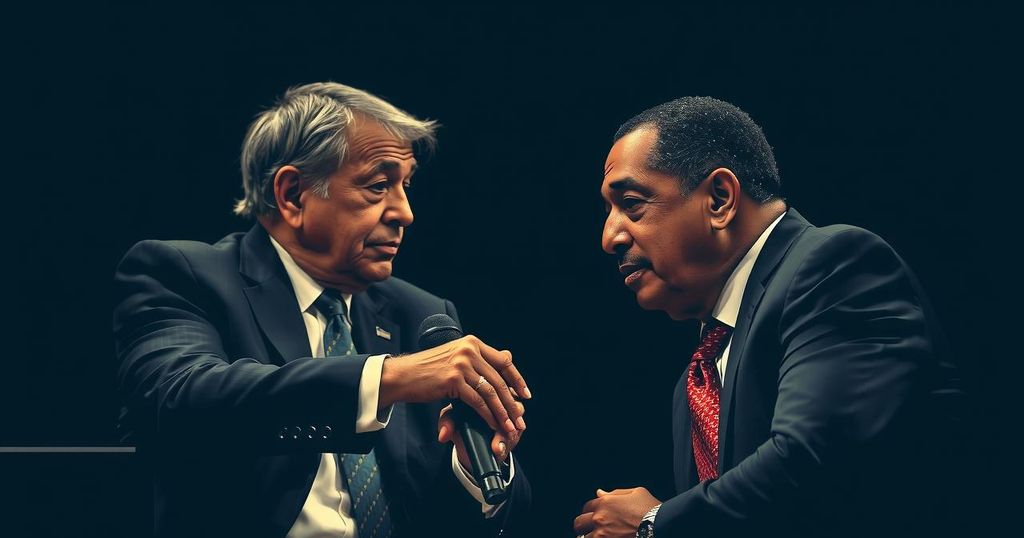McKinsey Africa has agreed to pay $122.8 million to settle a U.S. investigation into bribery of South African officials for lucrative consulting contracts. The firm was implicated in a scheme involving payments to officials at the state-owned Transnet and Eskom companies, leading to substantial profits for McKinsey.
McKinsey & Company’s African division has consented to pay nearly $123 million to conclude an investigation pertaining to bribery of South African officials aimed at securing advantageous consulting agreements. The U.S. Department of Justice announced this settlement on Thursday. The subsidiary was implicated in making unlawful payments to officials at Transnet Ltd, South Africa’s government-operated entity responsible for ports, railroads, and pipelines, as well as Eskom Holdings Ltd, the state-owned power company.
Entertaining a deferred prosecution agreement with U.S. authorities, McKinsey Africa has acknowledged its culpability through the payment of a criminal fine amounting to $122.8 million. Vikas Sagar, a former senior partner from the McKinsey Africa South Africa office, has also pleaded guilty to a conspiracy charge concerning the violation of the Foreign Corrupt Practices Act. This corporate misconduct unfolded between 2012 and 2016, during which McKinsey Africa acquired sensitive information regarding consulting contracts from both Transnet and Eskom.
McKinsey Africa proceeded to submit contract proposals while being aware that their affiliated South African consulting firms were arranged to pay portions of their fees as bribes to both Transnet and Eskom officials. According to U.S. Attorney Damian Williams, “McKinsey Africa participated in a yearslong scheme to bribe government officials in South Africa… that netted McKinsey Africa and its parent entity McKinsey & Company approximately $85 million in profits.” Under the administration of former President Jacob Zuma, Eskom was entangled in significant corruption events that purportedly led to illicit financial gains from fraudulent contracts in exchange for bribes.
The bribery investigation encompasses the period during which both Eskom and Transnet were under intense scrutiny due to systemic corruption linked to governmental affairs in South Africa. This incident mirrors broader concerns over corporate governance within public sector contracts, particularly in environments prone to corruption. Eskom, responsible for the majority of South Africa’s electricity supply, became a focal point of several corruption scandals, especially during Jacob Zuma’s presidency, significantly impacting the nation’s infrastructure and economic stability. The case against McKinsey highlights the aggressive tactics some consulting firms may adopt in pursuit of profitable contracts, often at the cost of ethical standards and compliance with international laws.
In summary, McKinsey Africa’s settlement reflects a significant breach of ethical practices within the realm of consulting, spotlighting the dire consequences of corporate malpractice. The acknowledgment of wrongdoing, alongside the financial penalties imposed, underscores the critical importance of rigorous corporate governance and stringent adherence to anti-corruption statutes. Such measures are essential to maintaining integrity in public contracts and restoring public trust in private entities working alongside governmental bodies.
Original Source: www.barrons.com






